낯익은 세상 TUTTE LE COSE DELLA NOSTRA VITA (Italian/Italiano) Hardcover
ISBN 9788806244033
Language Italian
N. of Pages 170쪽
Size/Weight 224 * 145 * 20 mm / 329 g
Author/Editor Hwang Sok-yong
Publisher Einaudi
Date of Publication 2020년
Country of Origin Korea
Dopo l'arresto del padre e marito, Occhiapalla e sua madre sono costretti a riorganizzarsi la vita a Isola fiorita, la discarica di una grande città coreana. Un ambiente durissimo e pericoloso, dal quale il ragazzo riesce di tanto in tanto a evadere grazie all'aiuto dell'amico Pelatino e soprattutto degli antichi e misteriosi spiriti che ancora vivono da qualche parte ai margini di quel luogo inospitale. Sarà una di queste «luci blu» ad aprirgli la prospettiva, non si sa quanto duratura, di un'esistenza diversa.
«Hwang ci induce a riconsiderare i costi della modernizzazione e a non dimenticare chi e cosa abbiamo lasciato indietro».
Krys Lee, «The Guardian»
Il libro
Alla estrema periferia di una grande città della Corea del Sud, si estende un’enorme discarica chiamata Isola fiorita. È qui che vivono coloro che la metropoli ha emarginato e spinto verso la povertà, ed è qui che, negli anni Ottanta del secolo scorso, arrivano il quattordicenne Occhiapalla, il cui padre è recluso in un non meglio definito centro di recupero, e sua madre. Abitano in una baracca costruita con materiali di scarto e per sopravvivere si aggregano alle migliaia di persone che, suddivise in squadre, setacciano la discarica in cerca di cibo, di materiali riciclabili, di tutto ciò che gli abitanti della città hanno messo da parte. Ai margini della discarica, un luogo che priva gli individui della loro dignità, persone che non hanno piú il proprio nome ma solo nomignoli (Occhiapalla, Pelatino, Falco, il Barone), esiste un mondo diverso, eredità di una fase piú antica di Isola fiorita, una fantasmagoria di bellezza e natura, dove Occhiapalla e il suo nuovo amico Pelatino possono rifugiarsi. A metterli in contatto con questa realtà parallela è lo spirito di un bambino che di tanto in tanto misteriosamente appare e altrettanto misteriosamente scompare fra le nebbie che salgono dalla discarica. Sarà questa moderna reincarnazione di un tokkaebi, le leggendarie creature della mitologia e del folclore coreani, a condurre i ragazzi verso un tesoro nascosto che potrebbe consentire loro di cambiare completamente vita. Ma forse per gli abitanti di Isola fiorita, il riscatto non è proprio previsto. Ambientato negli anni della dura dittatura del generale Chun Doo-hwan, Tutte le cose della nostra vita mette in risalto gli esiti del rapido sviluppo economico della Repubblica di Corea che dall’essere uno dei paesi piú poveri del mondo divenne una delle nazioni piú industrializzate. Ma il prezzo di questo «miracolo economico» fu molto alto, tanto in termini di emarginazione economica e sociale, quanto in una dimensione piú strettamente culturale, con l’adesione a un modello di vita basato su un consumismo sfrenato.
[ENG]
After the arrest of her father and husband, Occhiapalla and her mother are forced to reorganize their lives in Isola Fiorita, the landfill of a large Korean city. A very harsh and dangerous environment, from which the boy manages to escape from time to time thanks to the help of his friend Pelatino and above all of the ancient and mysterious spirits who still live somewhere on the edge of that inhospitable place. It will be one of these "blue lights" that will open up the prospect, no one knows how long-lasting, of a different existence.
«Hwang makes us reconsider the costs of modernization and not forget who and what we left behind».
Krys Lee, «The Guardian»
The book
On the far outskirts of a large city in South Korea, there is an enormous landfill called Flower Island. It is here that those who the metropolis has marginalized and pushed towards poverty live, and it is here that, in the 1980s, the fourteen-year-old Occhiapalla arrives, whose father is imprisoned in an unspecified recovery centre, and his mother. . They live in a shack built with waste materials and to survive they join the thousands of people who, divided into teams, sift through the landfill in search of food, recyclable materials, everything that the city's inhabitants have put aside. At the edge of the landfill, a place that deprives individuals of their dignity, people who no longer have their own name but only nicknames (Occhiapalla, Pelatino, Falco, the Baron), a different world exists, the legacy of an older phase of Isola flowered, a phantasmagoria of beauty and nature, where Occhiapalla and his new friend Pelatino can take refuge. What puts them in contact with this parallel reality is the spirit of a child who from time to time mysteriously appears and just as mysteriously disappears among the mists that rise from the landfill. It will be this modern reincarnation of a tokkaebi, the legendary creatures of Korean mythology and folklore, who will lead the boys to a hidden treasure that could allow them to completely change their lives. But perhaps for the inhabitants of Isola Fiorita, redemption is not really foreseen. Set in the years of the harsh dictatorship of General Chun Doo-hwan, All the Things of Our Lives highlights the results of the rapid economic development of the Republic of Korea which from being one of the poorest countries in the world became one of the most industrialized nations. But the price of this "economic miracle" was very high, both in terms of economic and social marginalization and in a more strictly cultural dimension, with adherence to a model of life based on unbridled consumerism.

















